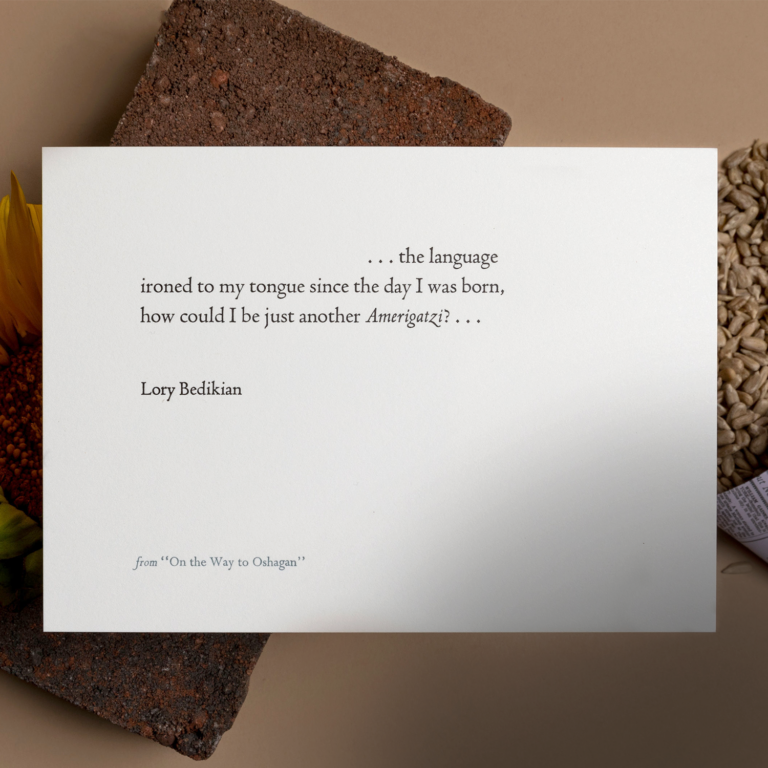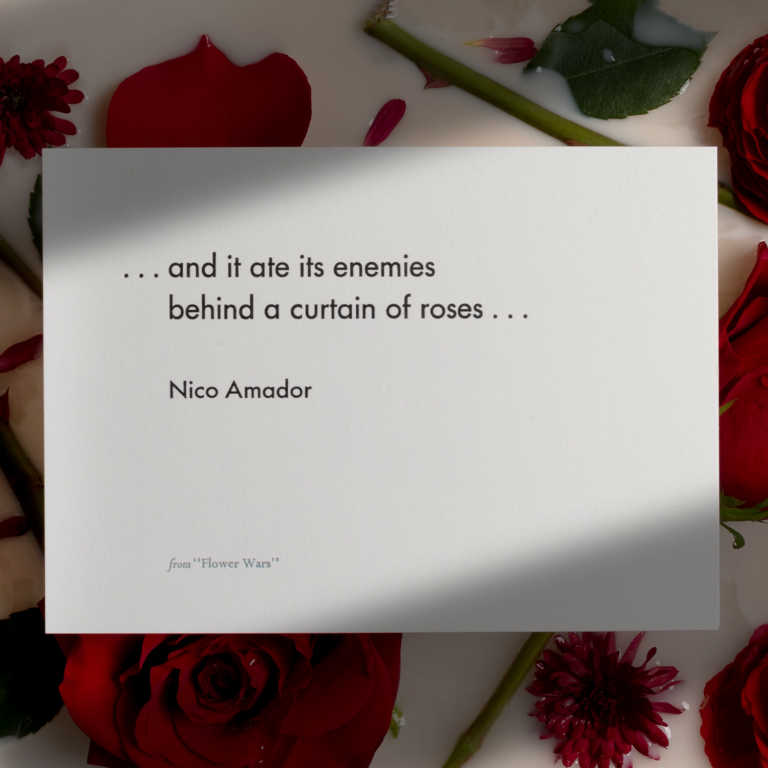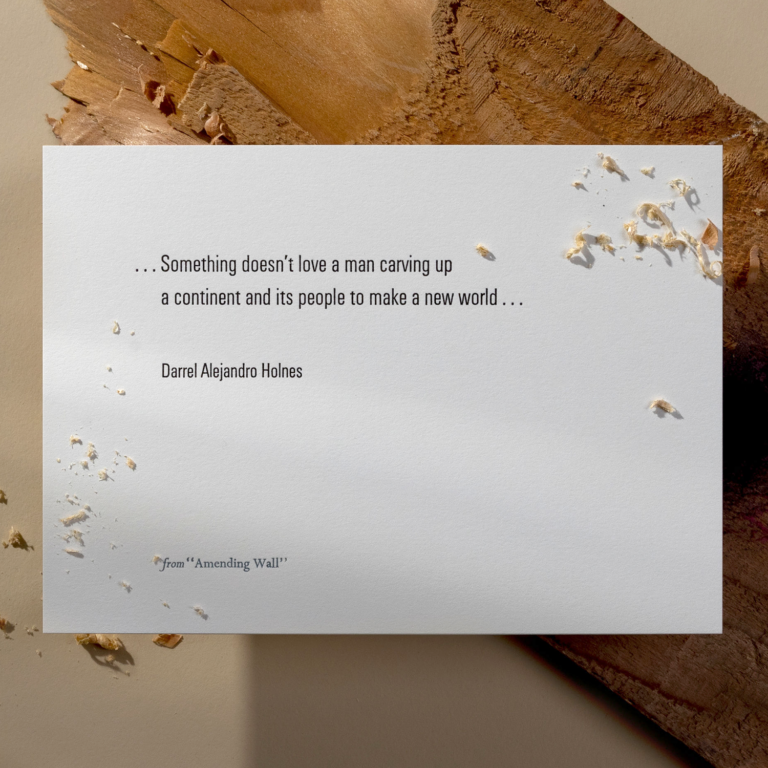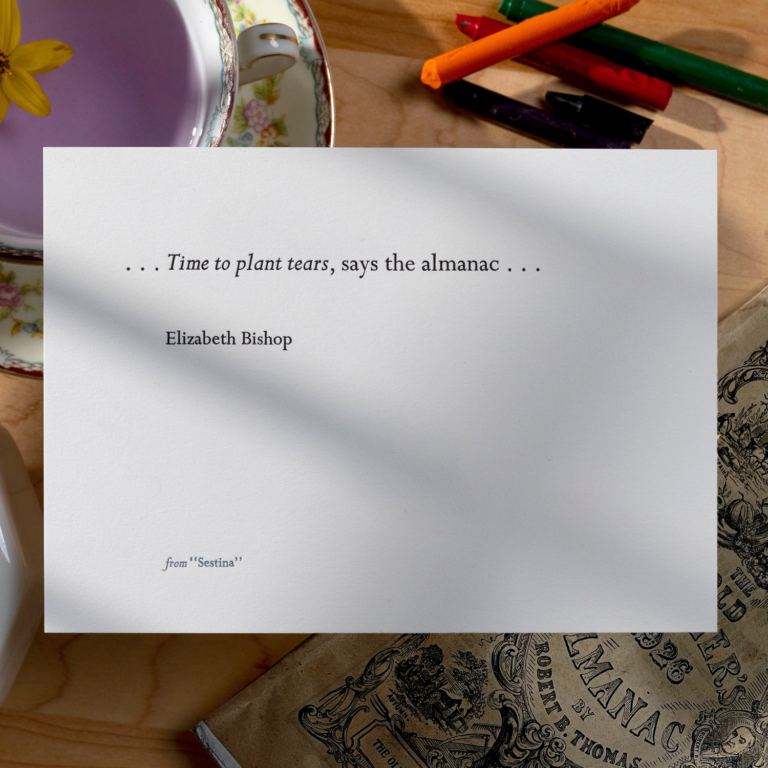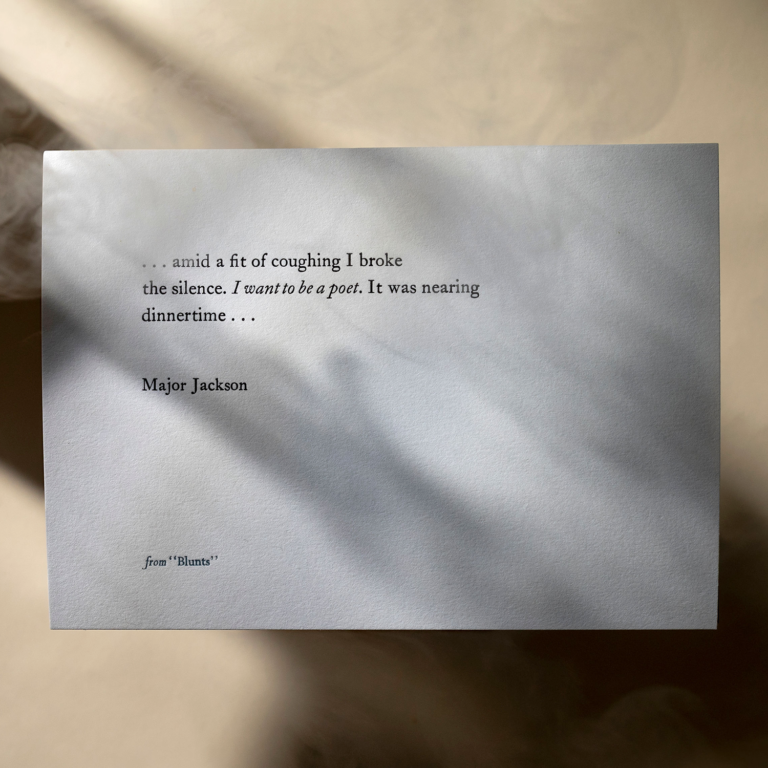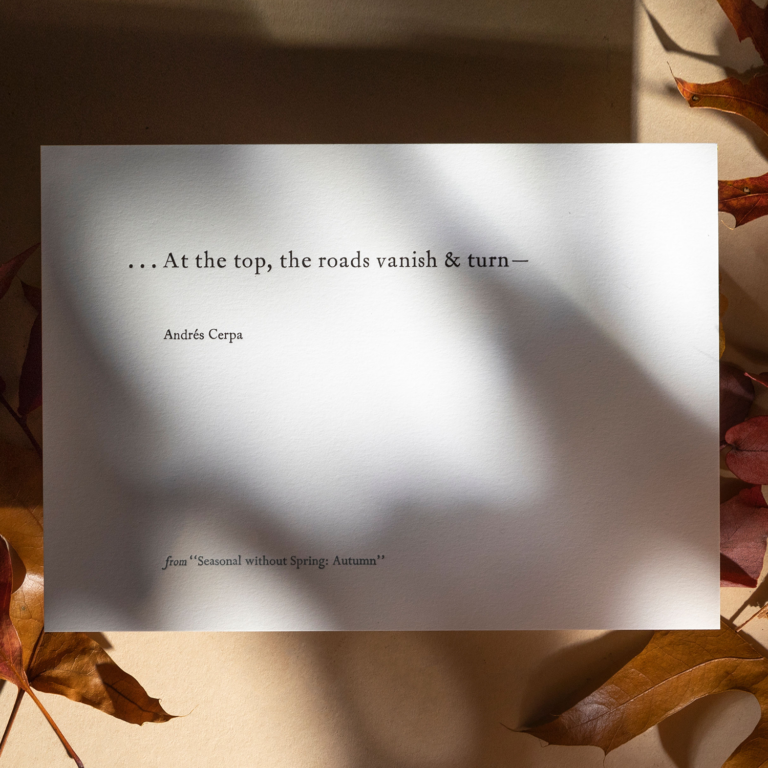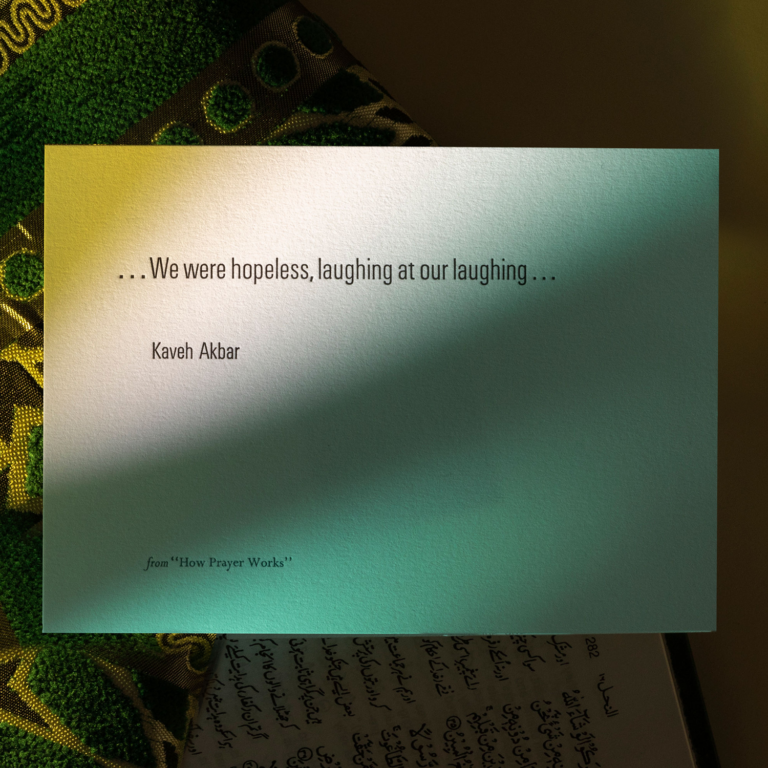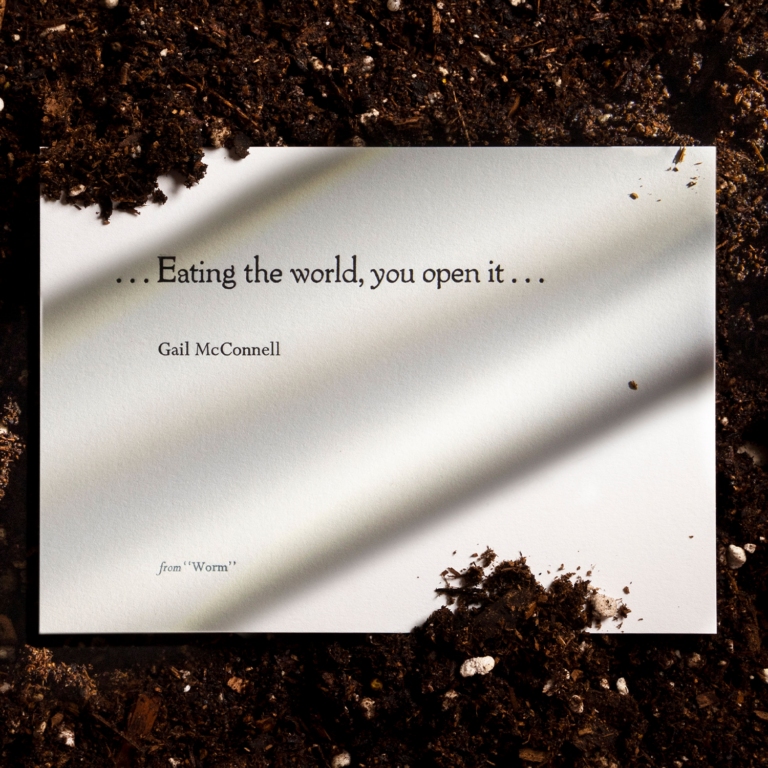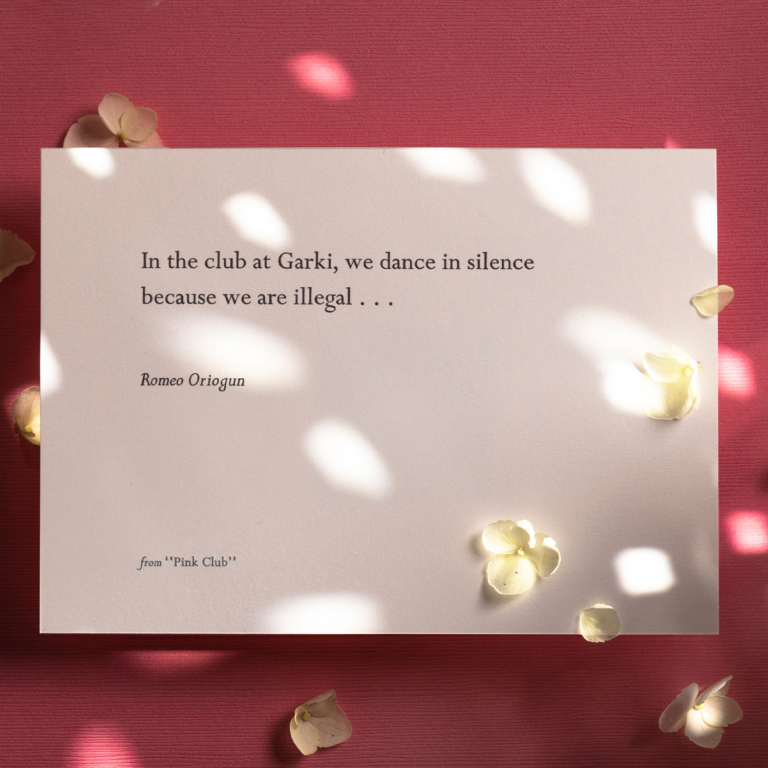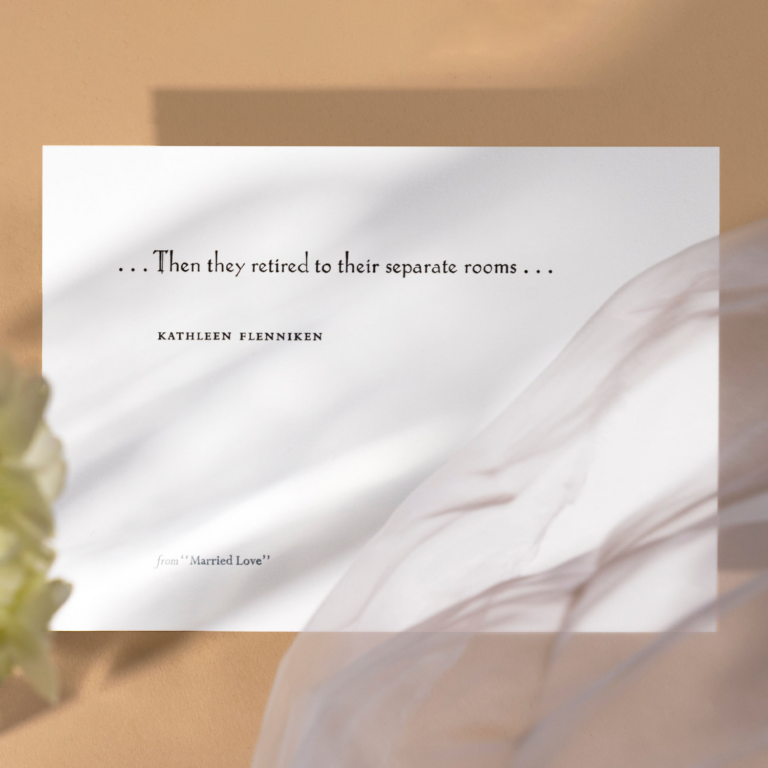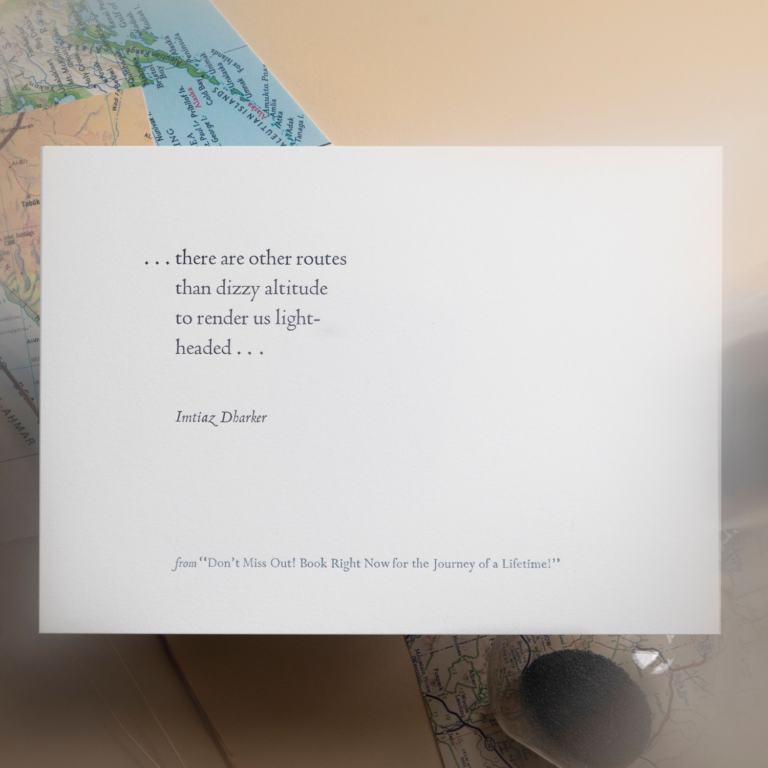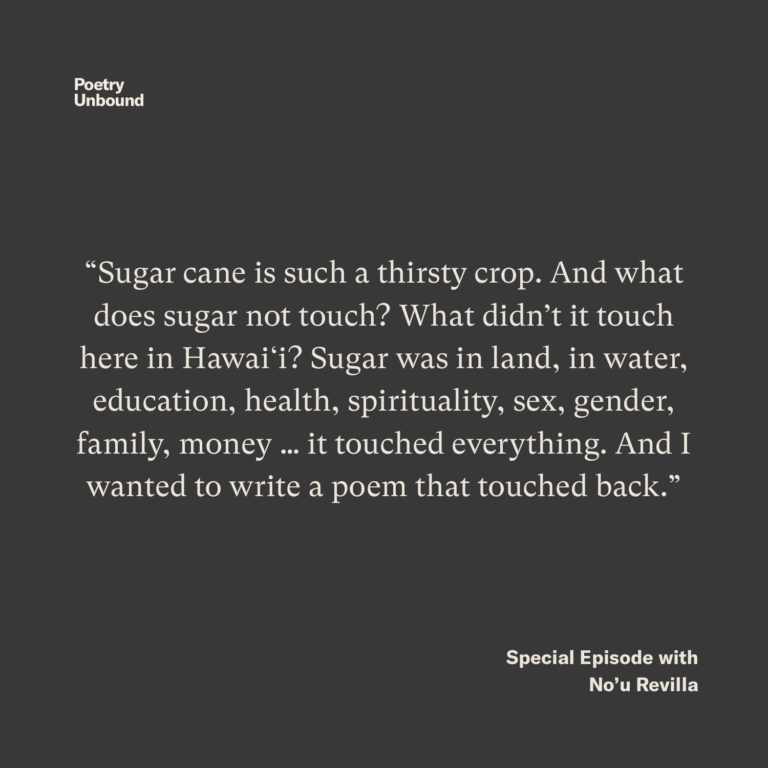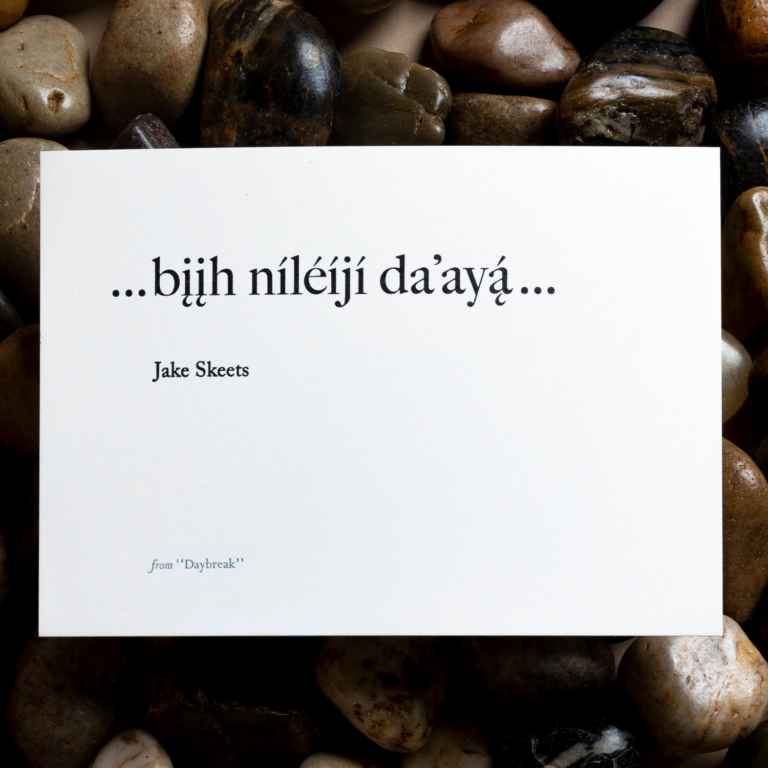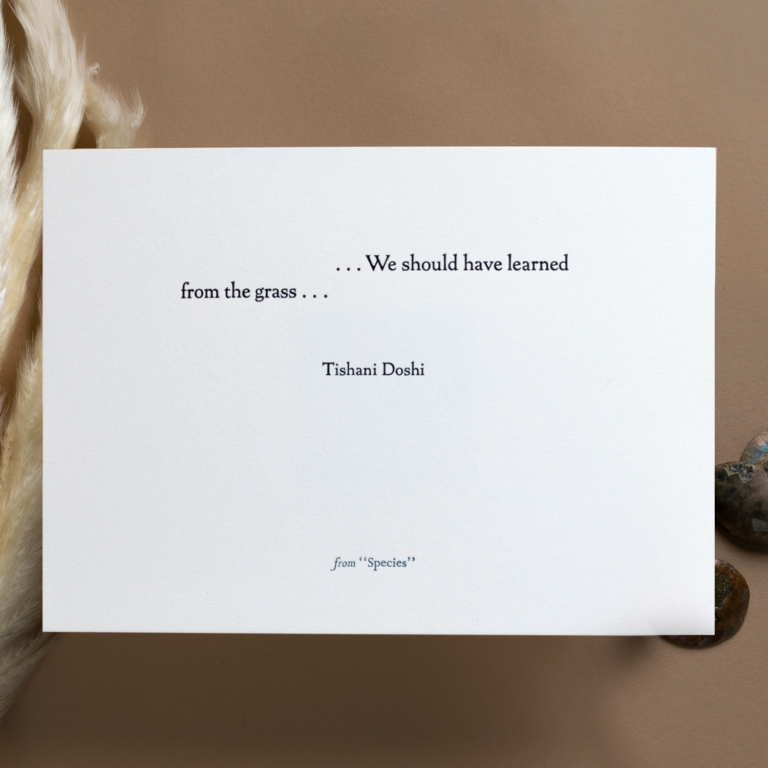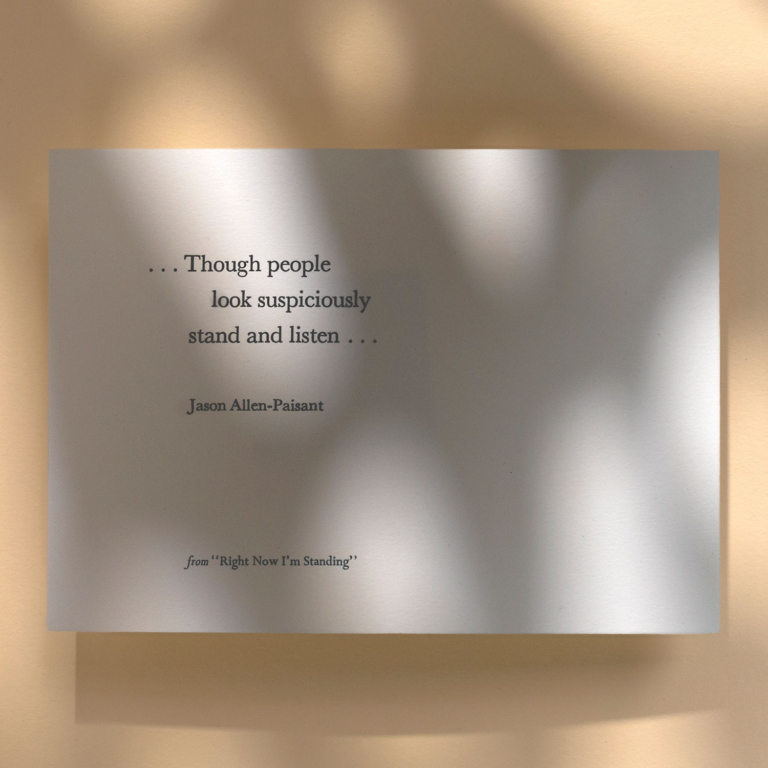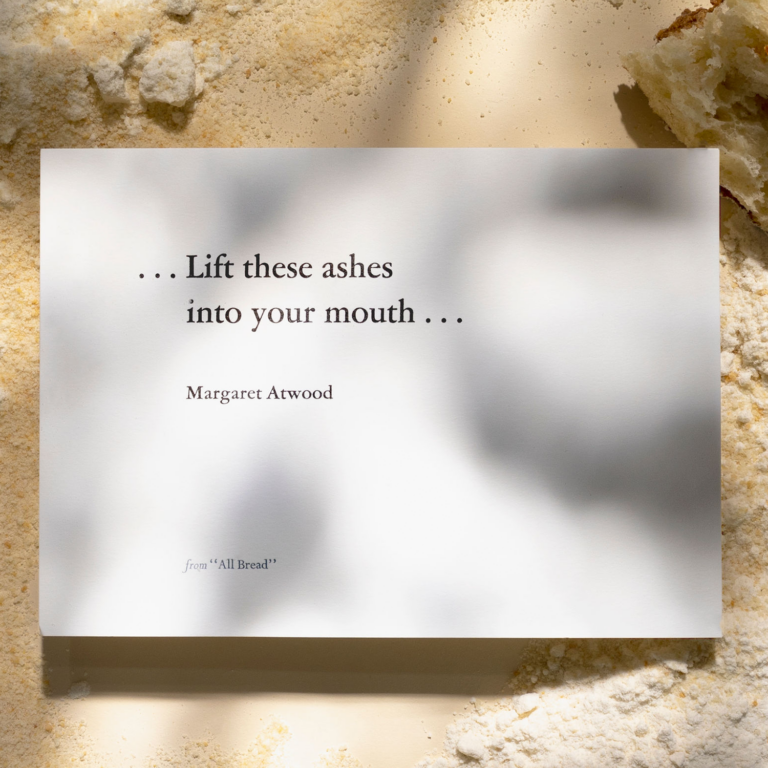November 22, 2021
Lory Bedikian
On the Way to Oshagan
The exile’s return to the motherland is the theme around which Lory Bedikian’s poem “On the Way to Oshagan” circles. She, a proud Armenian, stops by a roadside stall on a trip to her home country; and is immediately understood as an Amerigatzi, even though she’s speaking Armenian, not English. The poem could end with this awkward exchange, but instead pushes through, and a connection occurs between the returned-departed and the never-departed: there’s a gift, an invitation, and a bridge across exile.





